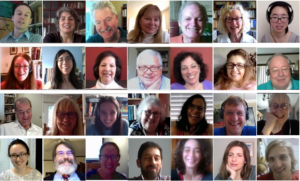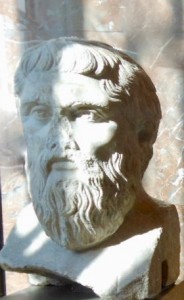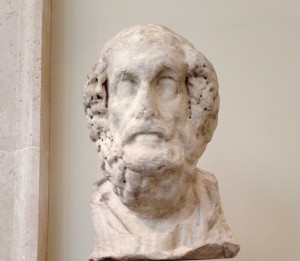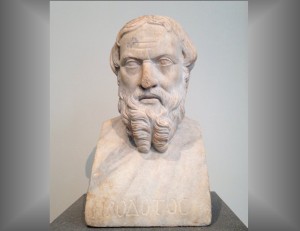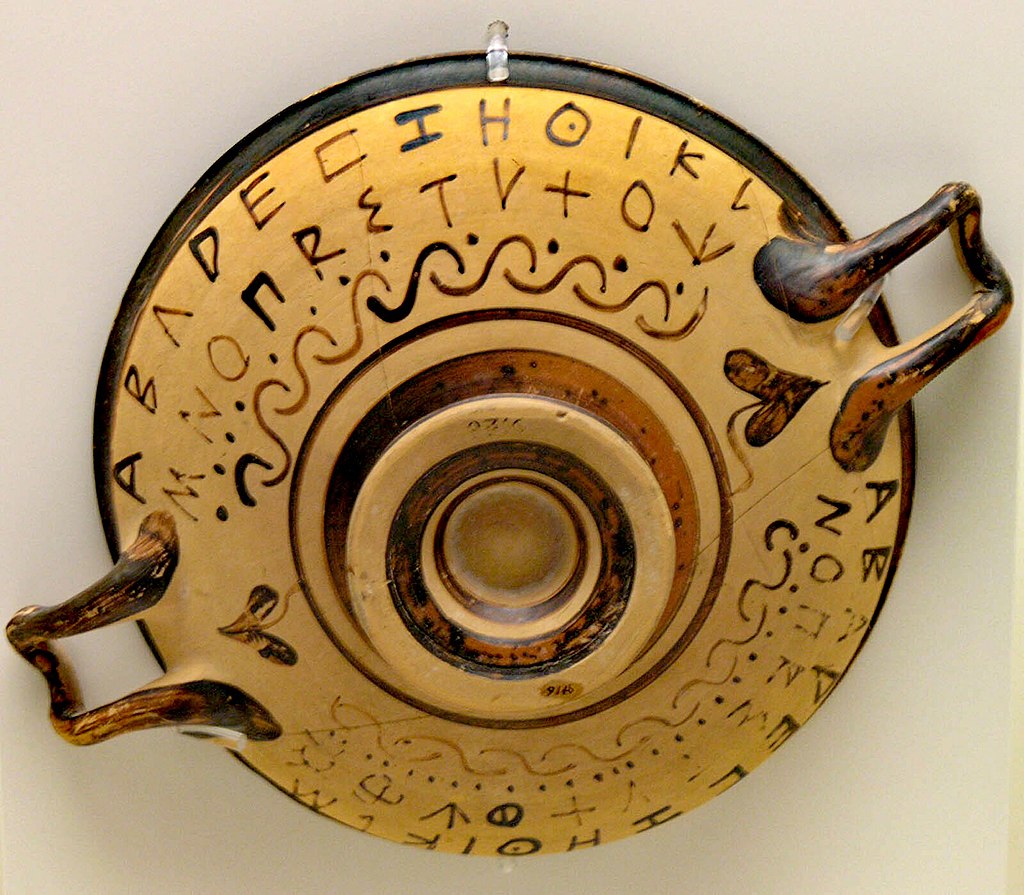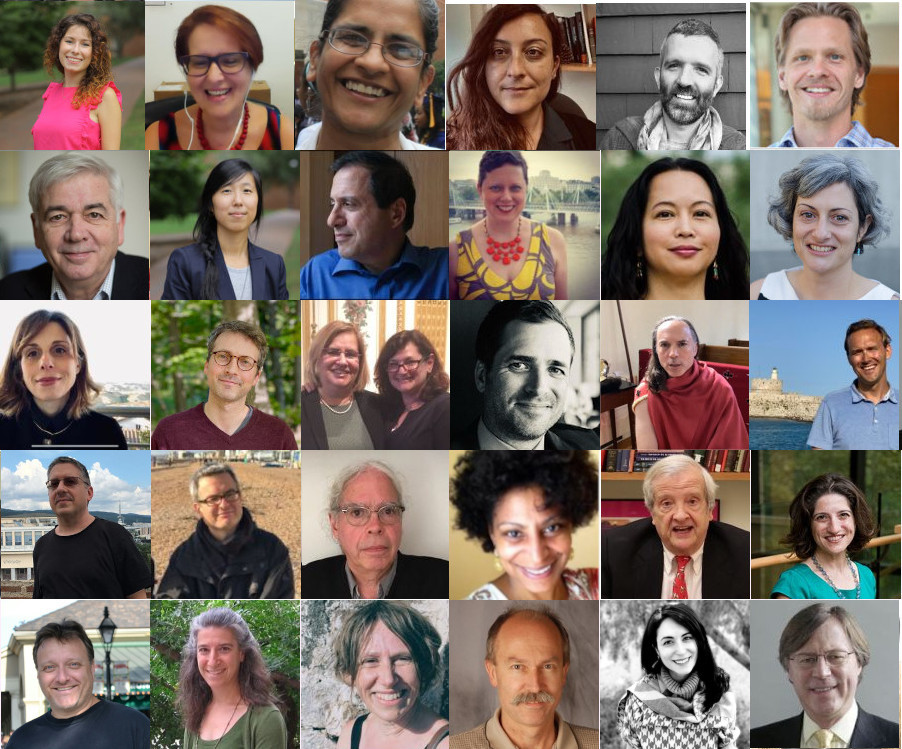Book Club | May 2024: Heron of Byzantium Siegecraft
Everything about siege machines is difficult and hard to understand, either because of the intricacy and inscrutability of their depiction, or because of the difficulty of comprehending the concepts, or, to say it better, because of their incomprehensibility to most men… The most competent military commander, kept safe by Providence above because of his piety, and obedient to the command and judgment and good counsel of our most divine emperors,… Read more
